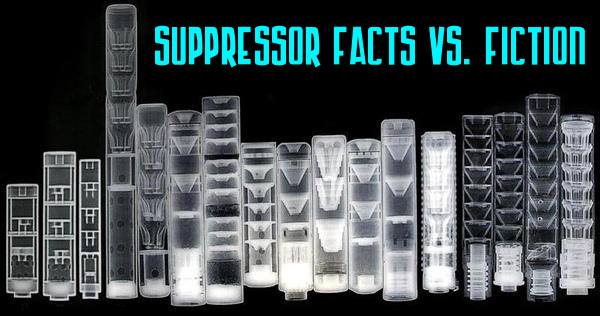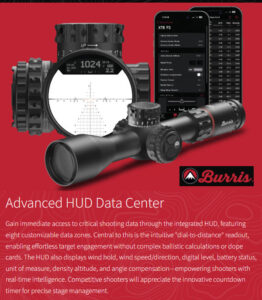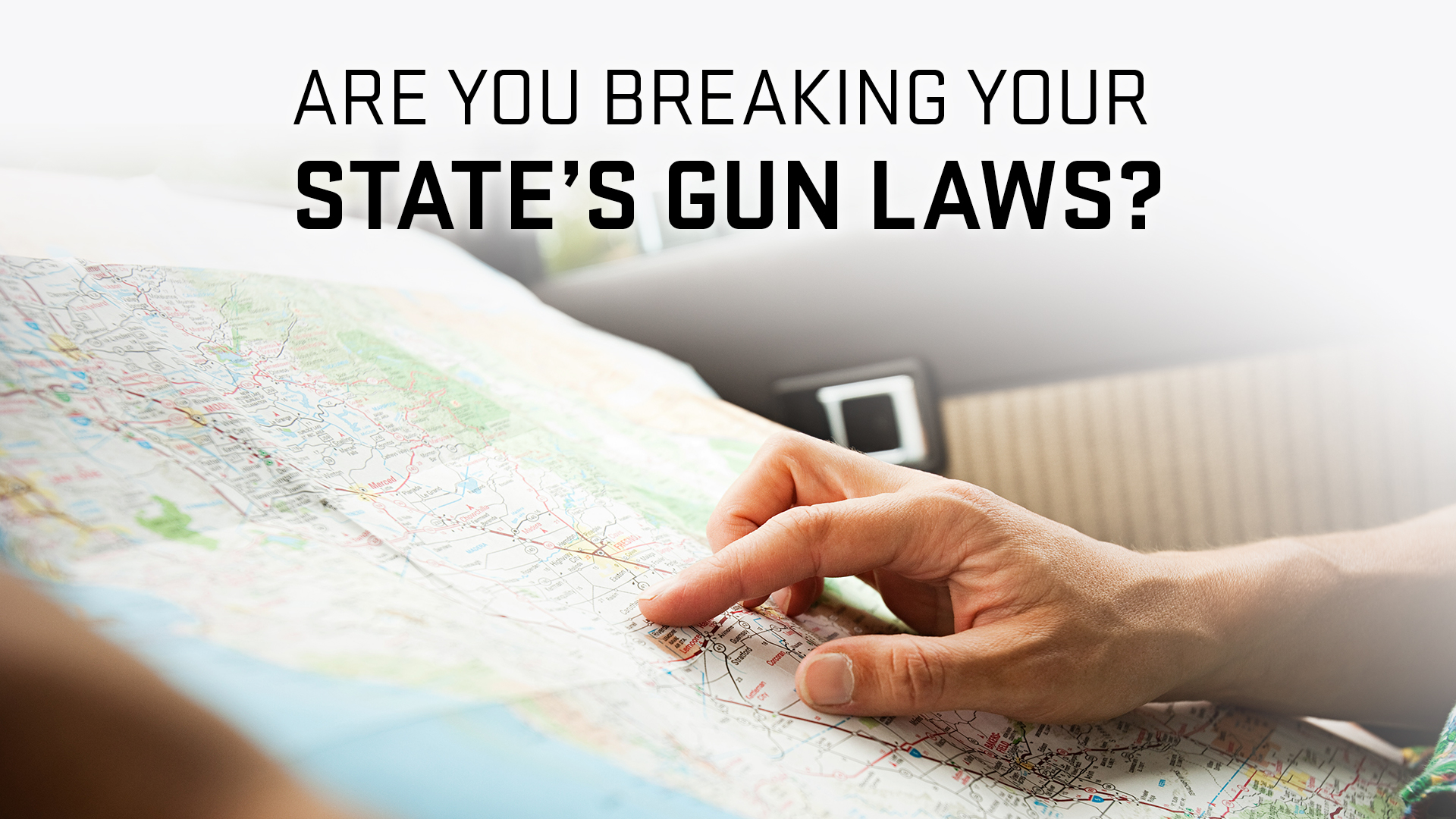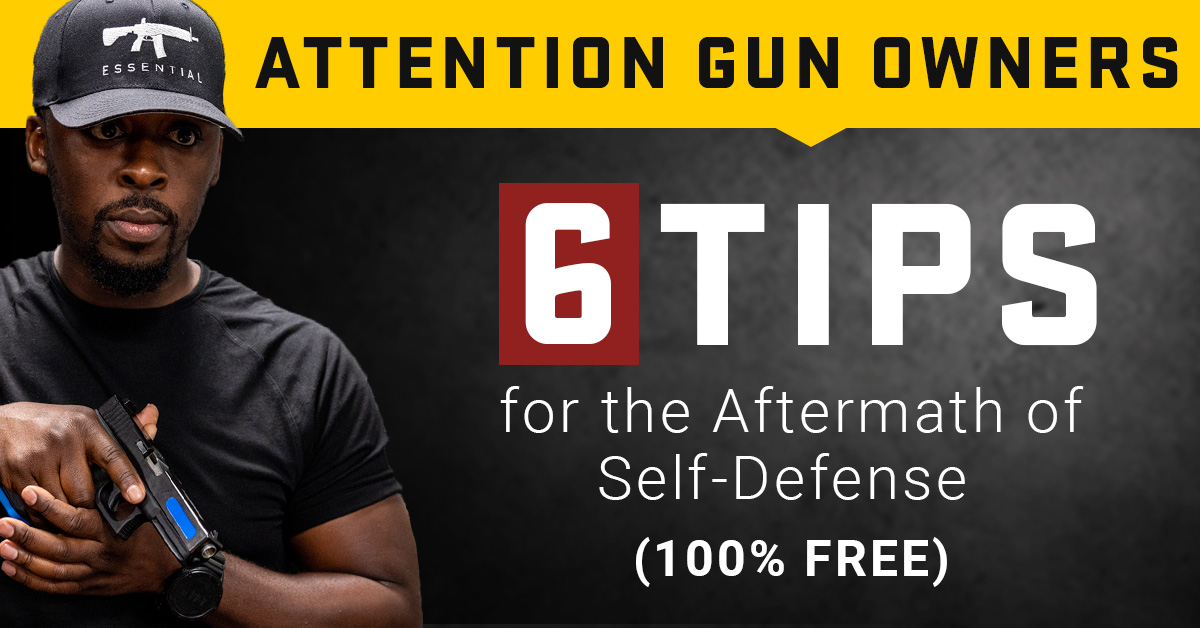August 14th 2023Map courtesy SilencerShop.com.You’d like to protect your hearing, and maybe you’re a little curious about how your rifle might shoot suppressed. You’re considering buying a suppressor, also known as a “can”, “moderator”, or “silencer”. You can’t buy one at Walmart. To purchase a suppressor, you must fill out paperwork and pay a Federal Tax Stamp of $200. There is also a long wait. The good news is that owning a suppressor is now legal in 42 out of 50 American states, which is 84%! Most Americans can legally own a suppressor, as long as they pass the background checks.
Some states may have restrictions based on county or municipal boundaries. Some states have restrictions based on county or municipal boundaries.
Unfortunately, there are eight (8) states that still prohibit private ownership of suppressors. California, Delaware Hawaii, Illinois Massachusetts, New Jersey New York Rhode Island are the eight No-Go States. In these eight states private ownership of suppressors, also known as “silencers”, is prohibited. We hope that some of these eight states will change their laws soon.
The popular YouTube channel Smarter Every Day released a video recently featuring rifle suppressors that have see-through sleeves made of acrylic. The team used ultra-high speed (110,000 frames per second) cameras to film shots through the suppressors. You can see the bullet pass through each baffle and the flames spread through the suppressor when the video is played back at super-slow motion. The results are amazing. Suppressors reduce noise levels by about 30 decibels on average.
Sam Hoober, a gunwriter for Ammoland, says that the average suppressor will reduce noise by 30 decibels. “Looking at different products, SilencerCo confirms that their suppressors can reduce the sound pressure from a 9mm shot to anywhere between 125.7 dB and 131.5 dB depending on the model.” Advanced Armament Co., another popular supplier, confirms a reduction of 23 dB – 33 dB or even down to 127dB. Liberty Suppressors is another manufacturer that attests to a reduction between 24 dB and 38 dB depending on the model and other factors. We can assume that there is a 30 dB attenuation on average. “Using that number of 30 dB, you can quickly discern the fact that you will still need hearing protection – good hearing protection – when shooting any suppressed weapon (even a.22 LR). “Spikes up to 130 dB can cause permanent hearing damage”. Source: NRA blog.
Tags: ATF, Class III, dB rating, Silencer Law, Silencer State, Sound Moderator, Tax Stamp, Suppressor

















